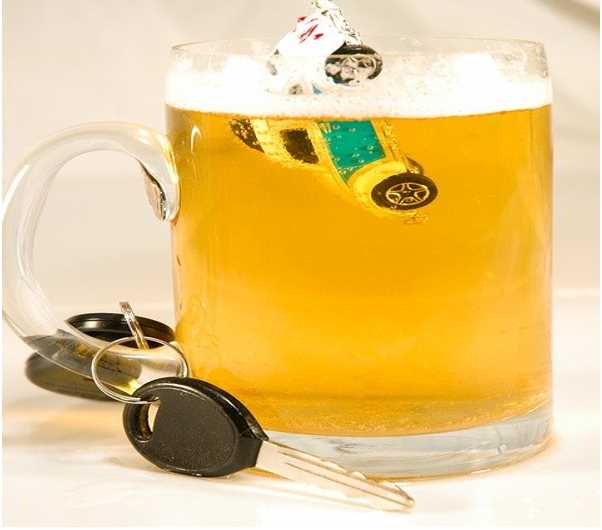The occurrences of driving under the influence or driving while intoxicated is unfortunately quite common, with most people not able to judge their tolerance for alcohol nor preparing for alternative transportation in the instance they’re not prepared to drive after consumption of only one or two drinks.
The legal blood/alcohol limit for driving is a suggestion. The preference is that you do not get behind the wheel after having alcohol under any conditions. No one knows how the substance will react in your body, with the potential for you to be especially sensitive, even having just a small amount.
In what could be construed as an intoxicated state, you could find yourself contacting a DUI attorney if you try to drive and do so erratically. Some people take their lives and those in the cars around them in their hands when they indulge in a few too many drinks and then “mistakenly” get behind the wheel.
Unfortunately, your thought processes and judgment are off when you’re impaired, meaning you shouldn’t be making serious decisions. Preparing for what will happen if you drink needs to occur before you go out with arrangements made for alternative transportation in that instance.
What Would A DUI Attorney Advise
Before you head out for a night of fun and entertainment with friends, it’s wise to consider if you’ll be having drinks. No one wants to put restrictions on themselves if they don’t have to or deprive themselves of enjoying a good time along with everyone else.
At the same time, everyone wants to be safe and have those around them protected also. Instead of the wait-and-see-what-happens approach, which would leave you exposed to making decisions in a potentially impaired state, it’s better to make tentative plans in the instance you do decide to drink to avoid the possibility of consequences from being pulled over for suspicion of DUI. See here for guidance on how to win a DUI case. Some advice that a DUI attorney might give a client in hindsight:
● Designated driver
Plan if you intend to drink on a night out. Line up a designated driver or make arrangements for alternate transportation if you do decide to have any amount of alcohol. The idea is not only to ensure your safety but also to keep others around you protected.
Not only can you get physically hurt and develop emotional trauma from an accident that results from drinking and driving, but simply being pulled over can result in exposure to substantial penalties and fees, mandated counseling sessions, the possibility for probation, and in some circumstances, the likelihood for time spent in jail. These are minimum repercussions for a misdemeanor 1st-time conviction.
For anyone displaying a BAC in a higher range, showing previous arrests, or looking at the possibility of a felony charge, the severity of the consequences increases substantially.

● Constitutional rights
You don’t want to lie to an arresting officer, but you do have constitutional rights and can refer to those when pulled over for driving under the influence if that becomes necessary.
When an officer wants to know if you’ve had something to drink or how much you’ve had to drink, it’s a question you don’t have to answer under the guise of your rights in that moment.
The only thing you’re responsible for would be the reason for the traffic stop. Usually, if it’s a late-night stop or even early in the morning, the officer has a suspicion that you’re driving under the influence.
They can only pull you over if you’ve in some way committed a traffic violation, failed to use a turn signal, didn’t stop at a red light, are driving erratically, or have other reasonable citations. You can answer these charges, but you don’t want to confirm or admit to what is only suspected.
Final Thought
In speaking of constitutional rights, the arresting officers need to advise you of your right to counsel. Sadly in many cases, “Miranda Rights” are not cited until after the authorities get your statements and collect evidence.
Suppose these rights are not read immediately upon arrest before answering questions or providing evidence. In this situation, according to the legal system, your constitutional rights have been breached, creating a reason to dismiss the case. Learn how to find the right DUI attorney for your circumstances at https://www.expertise.com/dui-attorney/how-to-find-the-right-di-lawyer/ Often, the standards get neglected to the client’s detriment but so important that more people become informed, so the process changes.




